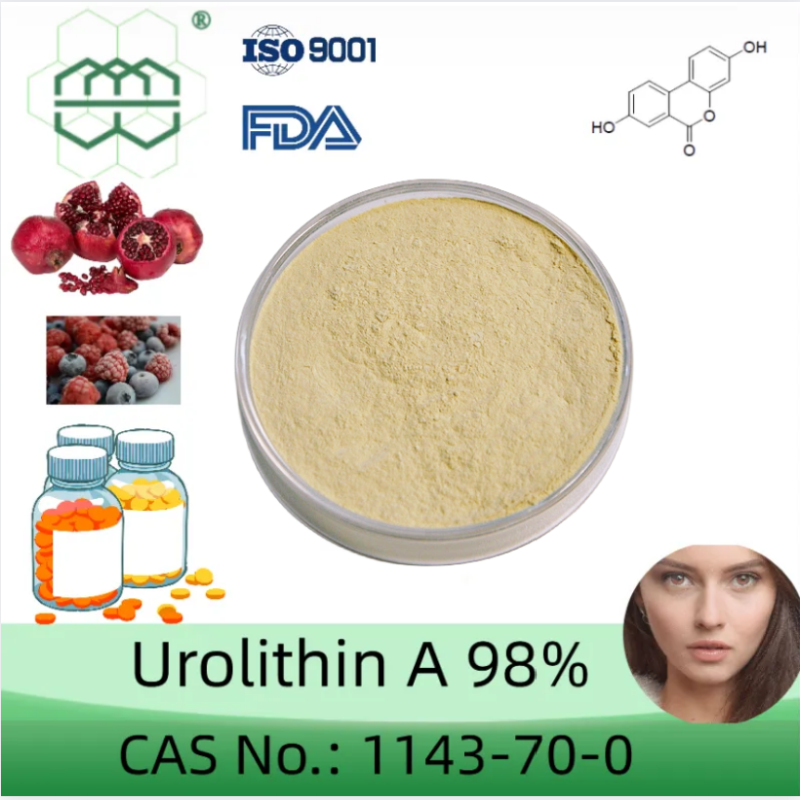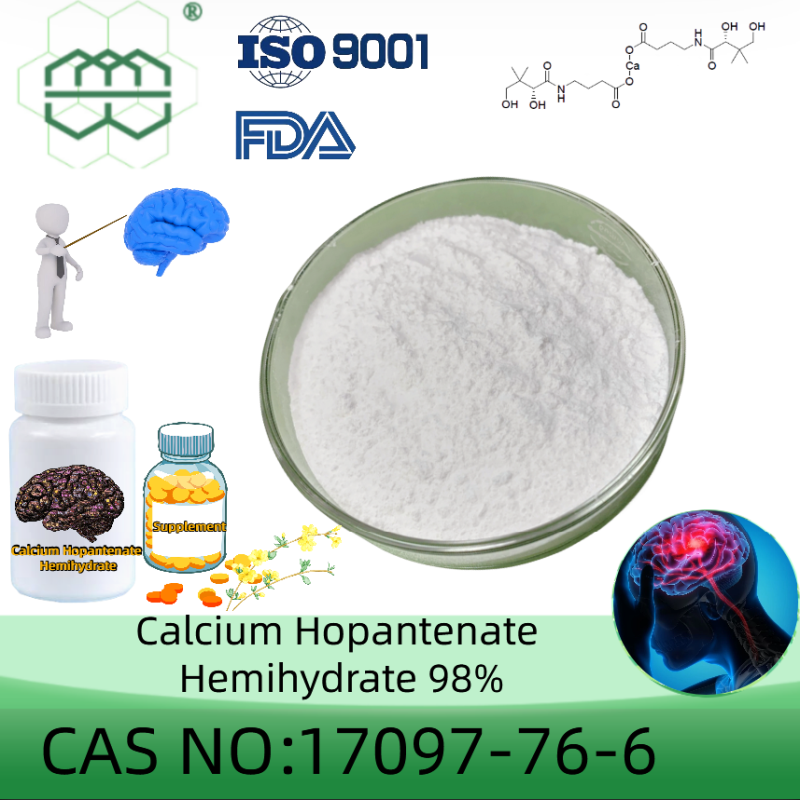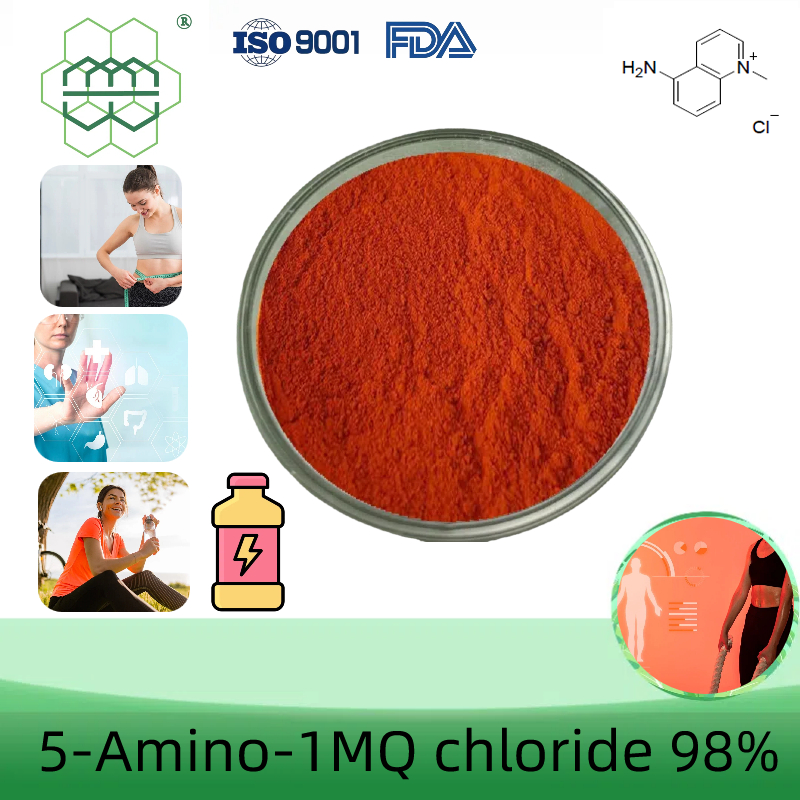-
Categories
-
Pharmaceutical Intermediates
-
Active Pharmaceutical Ingredients
-
Food Additives
- Industrial Coatings
- Agrochemicals
- Dyes and Pigments
- Surfactant
- Flavors and Fragrances
- Chemical Reagents
- Catalyst and Auxiliary
- Natural Products
- Inorganic Chemistry
-
Organic Chemistry
-
Biochemical Engineering
- Analytical Chemistry
-
Cosmetic Ingredient
- Water Treatment Chemical
-
Pharmaceutical Intermediates
Promotion
ECHEMI Mall
Wholesale
Weekly Price
Exhibition
News
-
Trade Service
24
Mid tea industry has another big event Shanghai Municipal Consumer Protection Commission issued a"milk tea comparison test" briefing to uncover the "mystery" of net black milk tea
, Happy Lemon, etc.Network Map This test in Shanghai
27
milk tea shops, a total of
51
milk tea samples, the choice of rules are mainly to ask and buy each shop's best-selling milk tea, including a normal sweetness and a sugar-free or least sugary, and non-iced milk tea.51
samples containing milk cover milk tea has
6
pieces, claiming that "sugar-free" milk tea has
20
pieces, the price range from
7
yuan to
32
yuan, basically covering the market mainstream milk tea brand's best-selling goods.the Shanghai Nutrition Food Quality Inspection Station, the milk tea sugar, fat, trans fatty acids, caffeine and so on were tested.the result, the truth is amazing!truth one:is generally caffeine, but never reminded!have you ever tried a cup of milk tea you can't sleep at night...Look at tablebelowyou can see why thetest found that
51
samples had an average caffeine content of
270mg/L
, with the highest reaching
828mg/L
.
samples each had a caffeine content of more than
300 mg
, with the highest cup having a highest content of
428
.the total content, a cup of American coffee (medium cup) has a caffeine content of
108mg
and a can of Red Bull drink has a caffeine content of
50mg
.means caffeine content of some milk teas is terrible the highest cup a cup of milk tea
4 cup
s of coffee!
- 8
cans of Red Bull! , Shanghai Nutrition Food Quality Inspection Station Cao Amber Liang pointed out that caffeine is generally present in coffee, strong tea and other beverages, healthy adults a single intake of the best not more than
200 mg
. Pregnant women and children and other groups should not eat too much, otherwise it will cause similar anxiety symptoms, such as palpitations, tremors, sleep disorders. addition, of the
27,
milk tea shops, only one had vague tips for "too much consumption by pregnant women" and none of the remaining milk teas had any hints about caffeine in milk tea. truth two: "sugar-free" really sugar-free? a lot of sister mouth and afraid of fat often order "sugar-free" milk tea hehe" cruel truth is coming ... The test found that all milk teas called "sugar-free were found to contain in
27,
normal sweet teas with between
11
grams and
62
grams of sugar per cup, with an average sugar content of
34
grams per cup. the highest sugar content (
g/
cup) of whole cups - people in tea at
-
stockings milk tea sugar content of
62g a cup of milk tea
s 14
cubes of sugar others over
50g
are Kavanca
-
iced full milk tea LE LE CHA-
Fuoka matcha want to eat sugar, come on! far exceeds the "no more than
50g
of sugar per day, preferably below
25g
" as set out in the Dietary Guidelines
2016
for Chinese Residents." addition, your familiar sai tea
-
fresh milk Shizuoka matcha a little bit
-
milk tea (de-iced) Gong tea
-
Tsai non-farm milk tea (normal temperature) Happy lemon
-
raw milk tea large (warm)
Emperor's Tea
-
Moon Lake Milk Tea (de-icing) The average sugar content (
g/100ml
) is also at the forefront
And "sugar-free" doesn't mean there's really no sugar.
20
samples declared sugar-free were all sugar-free, with an average sugar content of
2.4g/100ml
and a minimum of
1.2g/100ml
. : LE CHA-
Fukuoka Matcha (sugar-free) Mr. Hope
-
Hope Milk Tea (sugar-free) Kavanka
-
ice full set of milk tea (no sugar) xi tea
-
fresh milk Shizuoka matcha (sugar-free) and other brands of
4
"sugar-free" products sugar content between
5g/100ml
to
3.3g/100ml
than in some normal sweetness samples Sugar content is high Although the country does not have the current standard for sugar-free beverages of ready-made beverages, but refer to the prepackaged beverages "
GB28050-2011
prepackaged food nutrition label general rules", Sugar-free beverages should contain less than or equal to
0.5g/100ml
,
20
samples are not compliant. truth three: milk is not a "real material in a protein test, there are
19
samples of protein content is significantly lower. test of trans fatty acids, it was shown to be significantly too high. these include "Kawangka" brand of two milk tea "Auntie milk tea" brand of two milk tea low protein and trans fatty acid content is particularly prominent. this, expert analysis, the imbalance between the two indicators, indicating that merchants may not use "real material", milk raw materials are likely to use creamer and so on instead. to this, the Consumer Protection Commission reminded businesses, should be strict control of raw materials, understand the effect of the processing process, indicating the composition of milk tea content and not applicable to the population. Caffeine content in milk tea may be high, children, pregnant women, hypertension, heart disease patients and other special groups should avoid excessive consumption. In addition, milk cover fat content is high, weight control should also be appropriate to drink. truth four: good milk cover fat is very high! fat is a common ingredient in dairy products, which can bring good flavor and taste, but excessive fat intake can lead to obesity. Surveys show that nearly 60% of consumers often choose milk tea with a milk cap, but consumers do not know the fat content of milk cap, more consumers in pursuit of taste and choose milk cover, but some consumers do not know that the fat of the milk cover is very high. the results of this comparative test show that the fat content of 45
milk teas without milk cover is between
1.1-4.4g/100mL
, with an average of
2.7g/100mL
; 6
pieces of milk tea with milk caps have a fat content of
5.4-7.7g/100mL
, with an average of
6.3g/100mL
. cup of milk tea with the highest fat content provides
41g
of fat, exceeding the recommended daily fat intake of
2/3
for adults and less than
60g
for adults. the fat content, to see the calories... The energy contained in different foods (i.e., the calories in food, commonly referred to as food calories, calculated by testing the parameters of carbohydrate, protein, fat, water, ash, dietary fiber, etc.) in different foods, excessive energy intake can cause metabolic disorders, leading to obesity. results of this comparative test show that
51
samples provide energy between
510-2780kJ/
cups, with an average of
1209kJ/
cups. Based on the recommended daily intake of
8400kJ
energy for adults, the highest energy cup of milk tea provides
1/3 of the energy required throughout
. the specific evaluation list to see for yourself help you get here! (click on the image to zoom in) Shanghai Consumer Protection Commission prompted consumers - 1
, tea caffeine content of
2-4%
, higher than the caffeine content in coffee beans (
1%
). Milk tea is affected by the type of raw materials and the current process, caffeine content may be high, children, pregnant women, hypertension or heart disease patients and other special groups should avoid excessive consumption. 2
, milk cover will enhance the taste of milk tea, but because of its high fat content, for the need to control weight, the pursuit of health consumers, should be appropriate to drink.







